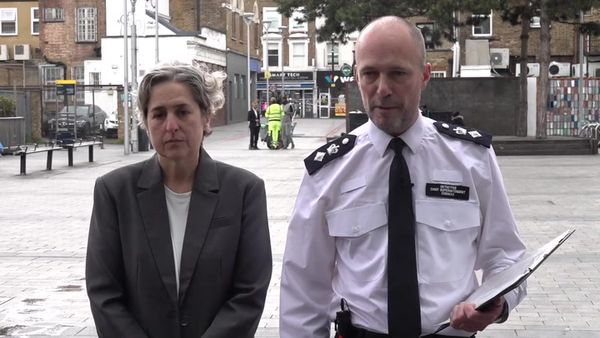There will be a limit on the amount a tenant has to pay if they break a lease early, as part of a series of proposed rental law changes.
Victims of domestic violence will also be able to end tenancies quickly and without penalty under proposed ACT laws from Attorney-General Shane Rattenbury.
Mr Rattenbury said the changes to allow a victim of domestic violence to end a lease will remove a barrier for those leaving a violent home.
"We know that the point at which a woman decides to leave a violent relation can be the most dangerous time as this is when violent and controlling behaviour may escalate," he said.
"This bill takes an important step to removing a barrier by ensuring victim-survivors can end their legal obligations quickly and without penalty."
The Attorney-General said victim-survivors would be able to end their tenancies without obtaining a protection order.
Mr Rattenbury said a tenant would be able to obtain a declaration from a trusted professional, such as a doctor or social worker, indicating they had been experiencing domestic violence.
Bringing the ACT in line with national laws
The change is part of a series of rental changes which have been agreed to by national cabinet.
The limit on the amount a tenant can be charged for breaking a lease early is also included in the nationally agreed changes. The government has been asked what those limits will be.
The national cabinet agreement also includes minimum standards for rental properties, a ban on rent bidding and move towards allowing only one rent increase a year but the ACT has already implemented a number of the measures.

Mr Rattenbury's bill would also make leases easier for people in share houses. It would allow the same condition report prepared for an initial tenancy to be used for subsequent tenancies as long as one of the original tenants still lives in the property.
"This amendment reflects the practicalities of share housing, where co-tenants often move in and out, and it is impractical to complete a final inspections and condition reports (which require the property to be vacated)," the government said in a statement.
Fundraising laws to change
The bill also includes changes to fundraising laws. These laws were also agreed to by all states and territories to make laws more consistent.
Under the principles, charitable organisations must ensure employees or volunteers explain the purpose of their charity, be clearly identifiable by the public, always comply when someone refuses to make a donation, rules around the time they can seek donations via phone and door-knocking and to never mislead or present false information when fundraising.
Mr Rattenbury said national principles would reduce regulatory burdens for charities and they would not have to follow different rules in each state and territory.
"The lack of consistent rules causes charities to spend precious time and money meeting the requirements of differing compliance frameworks of the various jurisdictions in which they operate," he said.
Another change is employment agents at recruitment companies will not need to obtain a license to undertake their work.
- Support is available for those who may be distressed. Phone Lifeline 13 11 14; Men's Referral Service 1300 776 491; Kids Helpline 1800 551 800; beyondblue 1300 224 636; 1800-RESPECT 1800 737 732.





